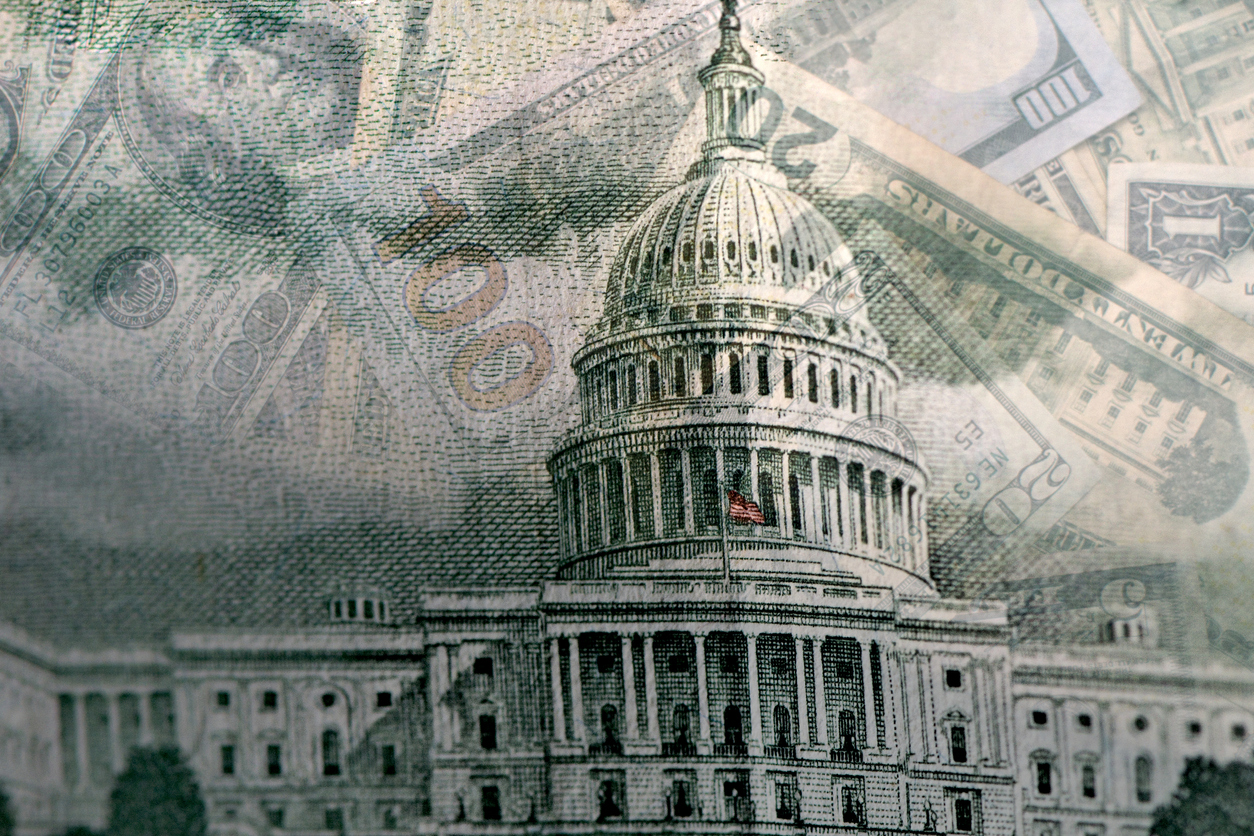
The economic development of a country is significantly influenced by the policies that governments formulate and implement. Some of these policies include the money supply, interest rates, labour market regulations, and exchange rate, among others. Below are some of the common types of economic policies.
Fiscal Policies
This mainly deals with taxation and government spending to influence the economy. Governments use fiscal policies to reduce poverty by promoting sustainable and robust growth. The two main components of the fiscal policy are tight fiscal policy, where governments raise taxes and/or cut on spending to reduce budget shortfalls and reduce inflation pressure. On the other hand, the expansionary fiscal policy is where governments lower taxes and/or increase spending levels to increase cumulative dema nd in an economy that is depressed.
nd in an economy that is depressed.
Monetary Policy
A country’s central bank manages the monetary policy though governments, which have an oversight role. The policy influences the demand and supply of money by changing the interest rates and money supply. Techniques associated with the policy include quantitative easing, helicopter money, expansionary and tight monetary policies.
Policies for Financial Stability
These are policies formulated to control the financial sector, helping banks to avoid running into liquidity shortages and involve the lender as the last resort where the central bank can bail out banks facing liquidity challenges, helping maintain and increase confidence in the banking system and reserve ratios, which is a set minimum ratio of deposits that banks are allowed to keep in cash. A greater reserve ratio ensures that there is more stability in the banking sector.
